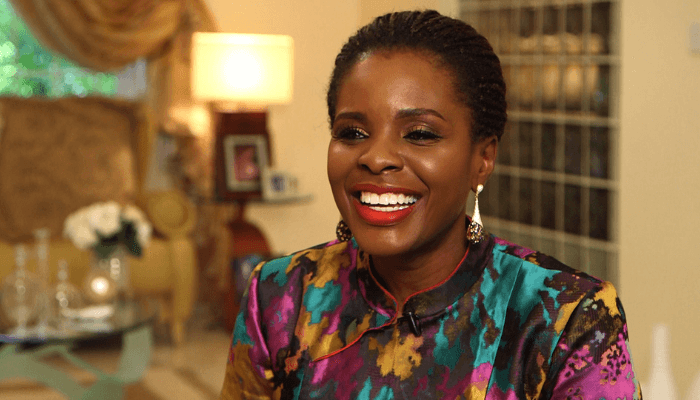In Abeokuta this week, a powerful narrative emerged: Nigerian women are no longer waiting on the sidelines of national development—they are being positioned as its architects.
During a visit to the Safe Centre and Women Development Centre, Minister of Women Affairs, Hajiya Imaan Sulaiman-Ibrahim, emphasized that women hold the key to Nigeria’s transformation. But the spotlight wasn’t just on lofty economic targets—it was on women as builders, creators, and protectors of the nation’s future.
Healing and Empowerment Under One Roof
At the heart of her visit were the Sexual Assault Referral Centres (SARCs), designed not only to treat survivors of gender-based violence but also to equip them with vocational skills and entrepreneurial opportunities.
As Ogun State’s Commissioner for Women Affairs, Adijat Adeleye, explained:
“At the SARC, survivors come in with pain but do not remain defined by it. Wounds are treated, voices are restored, and lives are rebuilt.”
By linking trauma recovery with financial independence, these centres are rewriting the script for countless women—turning survival into strength, and pain into purpose.
The Rise of Women Entrepreneurs
Sulaiman-Ibrahim described this moment as “women o’clock”—a time when Nigerian women must rise as entrepreneurs, farmers, and innovators. Instead of handouts, she said, the focus is now on building capacity and creating billionaires who can shape industries and inspire future generations.
Her call resonated with young businesswomen and community leaders present, many of whom see women’s economic independence as inseparable from Nigeria’s path to prosperity.
Protecting Daughters, Protecting the Nation
The minister also raised alarms over the ongoing scourge of human trafficking, where young Nigerian girls are lured abroad with false promises of work.
“Our daughters are scattered across different countries, trafficked under the guise of juicy employment offers,” she warned. “If they all go out, who will build the country?”
By urging families and communities to protect and empower their daughters at home, she reframed anti-trafficking efforts as not just law enforcement—but as nation-building.
Beyond Policy: A Movement Taking Shape
While economic projections and government agendas remain part of the conversation, the minister’s visit revealed something deeper: a cultural shift toward women as central to Nigeria’s growth story.
From entrepreneurs scaling businesses to survivors finding their voices again, Nigerian women are no longer seen as beneficiaries—they are leaders, creators, and changemakers driving the nation forward.
As one participant put it after the visit: “This isn’t just about women rising. It’s about Nigeria finally realizing it cannot rise without them.”


